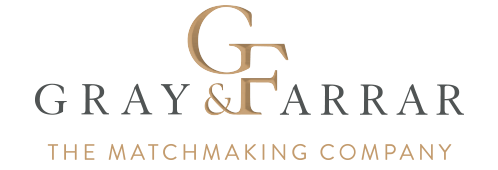Distrust in social media
When UK Prime Minister Theresa May took to the stage at Davos in January, she called on technology companies to do more in, ‘stepping up to their responsibilities for dealing with harmful and illegal online activity.”
While this has become a refrain that we’ve heard repeatedly from the PM, she called for a cross-industry response from smaller social media platforms too, to do more in terms of self-regulation, and above all to eliminate criminal and terrorist activity from the internet for good.
Indeed, May even quoted PR Firm Edelman’s annual Trust Barometer, which highlighted a rapid decline in the ‘trust’ and ‘belief’ of news reported on social media.
While online platforms were once regarded as ‘an enabler of citizen journalists’, Edelman’s findings are believed to be a by-product of ‘fake news’ – a term coined by Donald Trump and the US administration, compounded by reports that social networking sites are increasingly used for cyberbullying and the dissemination of extremist propaganda.
This in itself has fostered a phobia of online fakery, fabrication and, more often than not, fraudulence – with many consumers of online news now applying greater stringency when assessing their news sources.
And while we live amidst a landscape of distrust in social media and growing concerns around the dark web’s infiltration of mainstream networks, what does this really mean for us in our personal lives?
As a starter for ten, social networking sites and, by extension, online dating sites and apps, are coming under fire for the ease with which fraudsters can set up phony profiles – albeit with a spectrum of intentions.
Furthermore, there is an argument that there is too great a reliance on honesty and obedience amongst users. Inevitably, critics – who, as outlined above, now include Theresa May – are calling for enforced regulation across the board.
So what can we do to protect ourselves, while the industry procrastinates about best practice?
It is a core tenet of our service that we vet our network of members during the application process – we regard this as intrinsic to protecting the safety and wellbeing of our clients and have done since the inception of the business.
However, for those who aren’t using a personalised matchmaking consultancy, it is all about drawing on common sense. Apply your day to day reasoning when it comes to striking up friendships and relationships with virtual strangers; think about how you can verify their authenticity; question – does this seem too good to be true? While we must balance paranoia with due diligence, it is worth bearing in mind that your gut instinct is often worth following and, if it’s telling you something doesn’t feel right, interrogate why.
